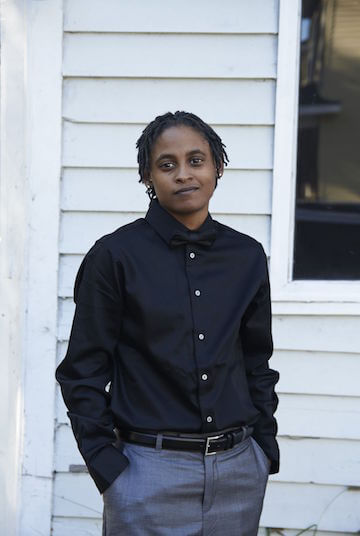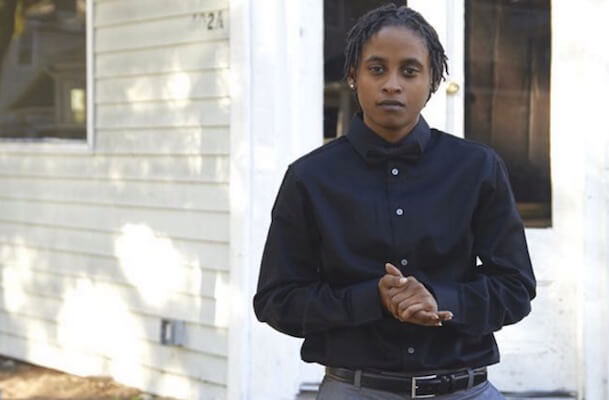Plaintiffs James Strawser and John Humphrey, with a supporter, Amanda Scott. | EQUALITY MOBILE
The federal judge who last week struck down Alabama’s same-sex marriage ban in the case of a lesbian couple seeking to have their California marriage recognized by their home state has issued a second marriage equality ruling in a case brought by two gay men wishing to marry.
Ruling in a suit brought by James Strawser and John Humphrey, Judge Callie V.S. Granade of Alabama’s Southern District Court applied the same reasoning she used in her January 23 ruling to grant the plaintiffs’ motion for an injunction against the state enforcing its ban.
Noting that in the marriage recognition suit she “found that the Sanctity of Marriage Amendment and the Alabama Marriage Protection Act restrict the Plaintiffs’ fundamental marriage right and do not serve a compelling state interest,” Granade concluded of the claims brought by Strawser and Humphrey that “for the same reasons. Alabama’s marriage laws violate Plaintiffs’ rights under the Due Process Clause and Equal Protection Clause of the Fourteenth Amendment to the United States Constitution by prohibiting same-sex marriage. Said laws are unconstitutional.”
Responding to probate court judges' resistance, ruling clarifies broad scope of marriage order
According to the court’s opinion, Strawser testified that he requires surgery that could put his life at risk and that during previous surgeries the hospital refused to honor the medical power of attorney he had given Humphrey. Strawser also cited his mother’s need for assistance that Humphrey might not be able to provide if he were not Strawser’s spouse.
As she did with her earlier marriage ruling, Granade, appointed to the bench by President George W. Bush, issued a 14-day stay to give the State of Alabama the chance to seek a longer stay from the 11th Circuit Court of Appeals as the state appeals her ruling there. In issuing the stay in the first case on January 26, the judge made clear she does not see the state’s request for a stay pending appeal as having merit but was willing to let the 11th Circuit make that determination.
The 11th Circuit and the Supreme Court previously denied a stay in the case of a marriage equality ruling in Florida, where same-sex marriages consequently began on January 6. A new 11th Circuit panel, however, is free to come to its own conclusions about whether a stay is warranted in one or both of the Alabama cases.
Some probate court judges –– who are responsible for licensing marriage in Alabama –– argued over the weekend that Granade’s first ruling applies only to the one plaintiff couple, and in response the plaintiffs sought clarification from Granade, which she indicated she would provide. Her second marriage ruling addressed any ambiguity regarding her first decision by ordering “that the Alabama Attorney General is prohibited from enforcing the Alabama laws which prohibit same-sex marriage. This injunction binds the defendant and all his officers, agents, servants and employees, and others in active concert or participation with any of them, who would seek to enforce the marriage laws of Alabama which prohibit same-sex marriage.”
On January 26, Alabama Attorney Luther Strange filed notice with the 11th Circuit that he would appeal the first of the two marriage rulings.



































